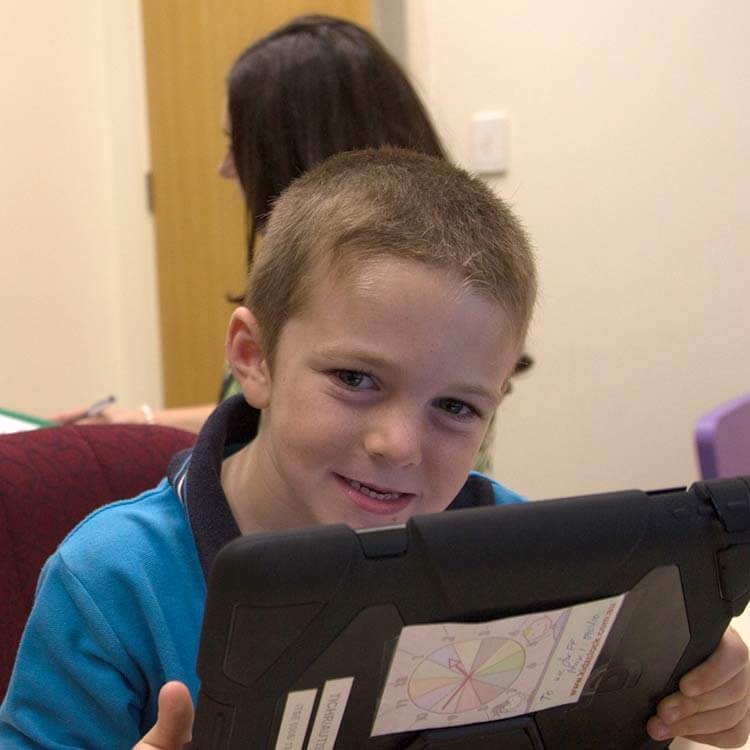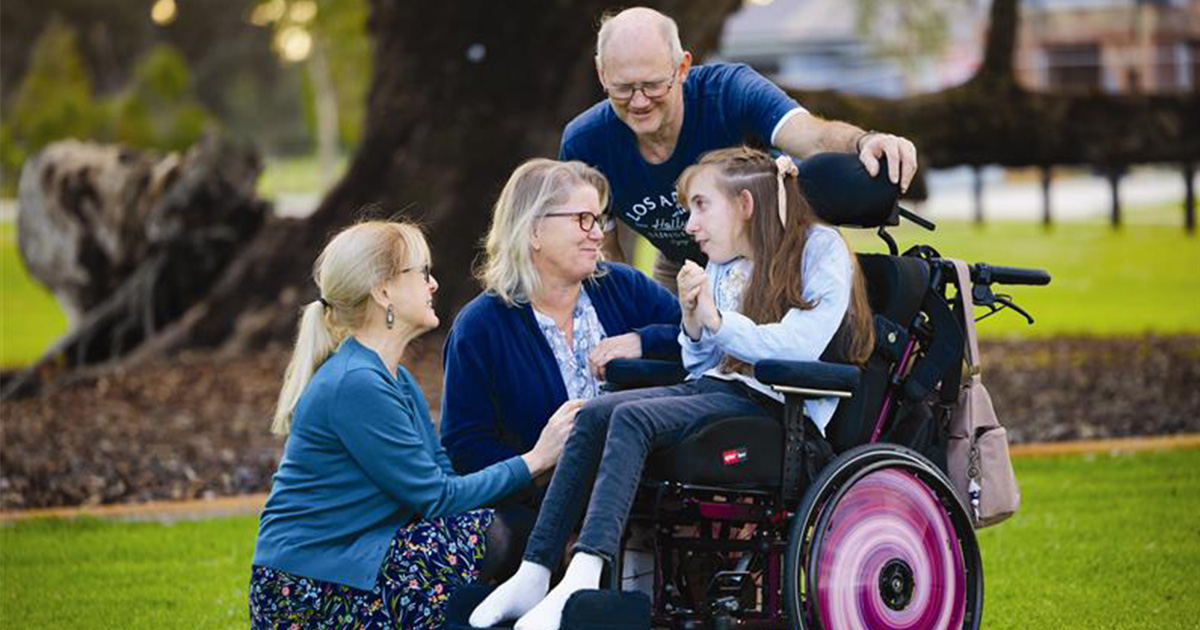Search
Research
Prevalence of Eating Disorder Symptoms in Transgender and Gender Diverse Adolescents Presenting for Gender-Affirming CareTo describe the prevalence of eating disorder symptoms among adolescents seeking gender-affirming care.
Research
Diagnostic services for developmental coordination disorder: Gaps and opportunities identified by parentsAffecting one in 20 children, Developmental Coordination Disorder (DCD) is a common neurodevelopmental disorder impacting a child's ability to learn motor skills. Despite its high prevalence, DCD is under-recognized and under-diagnosed, causing unnecessary frustration and stress for families who are seeking help for their child. This study aimed to understand how parents procure diagnostic services and their perspectives on needed supports and services to improve early identification and diagnosis of DCD.
Research
Exploring indoor and outdoor dust as a potential tool for detection and monitoring of COVID-19 transmissionThis study investigated the potential of using SARS-CoV-2 viral concentrations in dust as an additional surveillance tool for early detection and monitoring of COVID-19 transmission. Dust samples were collected from 8 public locations in 16 districts of Bangkok, Thailand, from June to August 2021.
Research
Airway management in neonates and infants: European Society of Anaesthesiology and Intensive Care and British Journal of Anaesthesia joint guidelinesAirway management is required during general anaesthesia and is essential for life-threatening conditions such as cardiopulmonary resuscitation. Evidence from recent trials indicates a high incidence of critical events during airway management, especially in neonates or infants. It is important to define the optimal techniques and strategies for airway management in these groups.
Research
Monitoring the physical and mental health of Australian children and young people: a foundation for responsive and accountable actionsPete Azzopardi PhD, FRACP, MEpi, MBBS, GDipBiostats, BMedSci Head, Adolescent Health and Wellbeing Head, Adolescent Health and Wellbeing Professor
Research
Considerations for collecting and analyzing longitudinal data in observational cohort studies of transgender, non-binary, and gender diverse peopleThe health and well-being of transgender, non-binary, and gender-diverse people is receiving increasing attention from epidemiologists and public health researchers, including those utilizing longitudinal observational cohort studies.
Research
A Maximum Entropy Model of the Distribution of Dengue Serotype in MexicoPathogen strain diversity is an important driver of the trajectory of epidemics. The role of bioclimatic factors on the spatial distribution of dengue virus serotypes has, however, not been previously studied. Hence, we developed municipality-scale environmental suitability maps for the four dengue virus serotypes using maximum entropy modeling.
On this Research Impact page, we list stories helping demonstrate how we collaborate with other leaders, innovators, communities, and international stakeholders to ensure excellent research results. The better our results, the better the chances of research making a real difference.

Research
Multigenerational Familial and Environmental Risk for Autism (MINERvA) NetworkThe MINERvA Network will allow more accurate and precise determination of the contributions of familial and environmental factors to the etiology of autism.

Affecting approximately 400 people in Australia, Rett syndrome is a rare neurological disorder that occurs almost exclusively in girls and affects mobility and development, impacting everything from walking and talking to eating and breathing.
